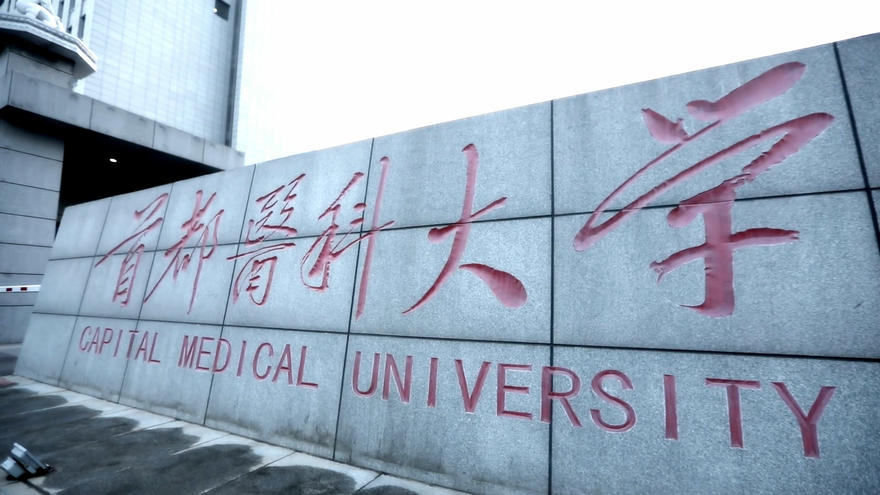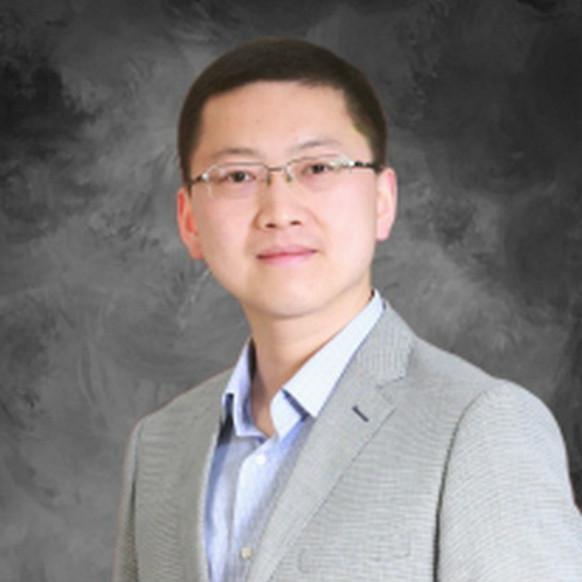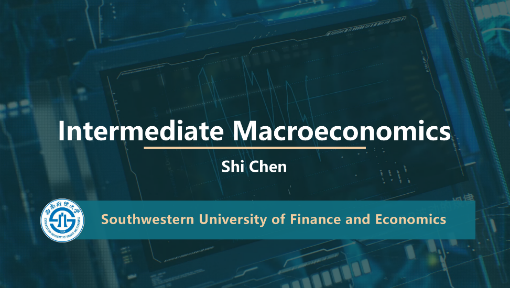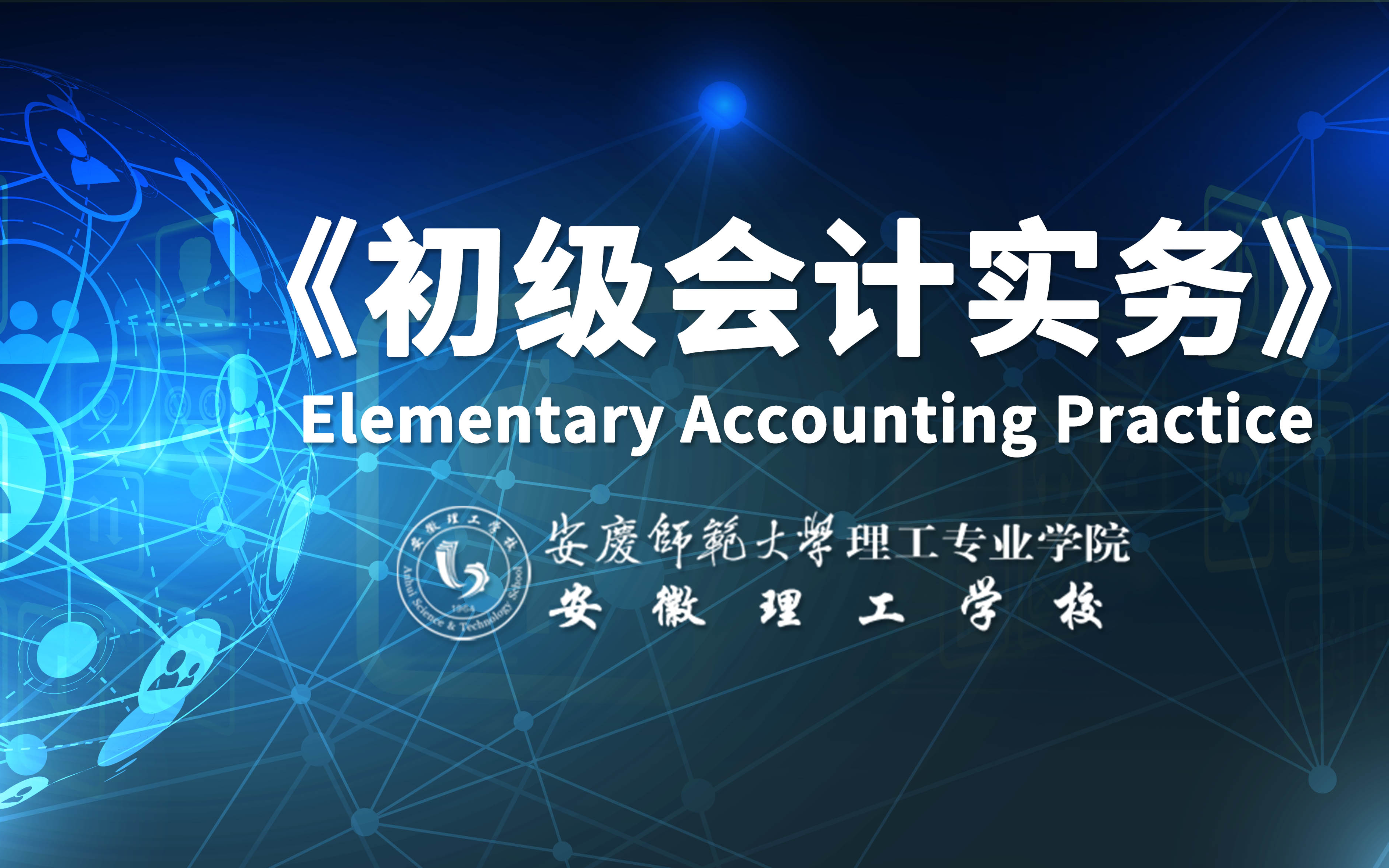
Description
This course is aimed at senior undergraduates and postgraduate students to introduce the modern methods and frameworks commonly used in contemporary macroeconomic research, to build macroeconomic models with microeconomic foundation, and to investigate economic fluctuations, economic growth and major topics of macroeconomics more deeply than primary macroeconomics. This course aims to teach intermediate macroeconomics in a manner consistent with current macroeconomic research, and to lay the foundation for further study of advanced macroeconomics.
Since the 1980s, the dynamic stochastic general equilibrium (DSGE) model has been developed as the main framework for analyzing economic fluctuations. Subsequently, New Keynesian Economics developed rapidly, providing new methods for macroeconomic policy analysis and evaluation. DSGE model has a profound influence on the research methods of macroeconomics. However, many intermediate level macroeconomics teaching do not reflect the new progress of macroeconomic system and research methods.
In view of this, this course is not intended to introduce more detailed content or more existing viewpoints on the basis of elementary macroeconomics, but rather to consolidate and improve the knowledge of macroeconomics and microeconomics acquired by the learner. It enables learners to complete the transformation of knowledge structure and theoretical framework from primary macroeconomics to advanced macroeconomics, and lays a foundation for later learning advanced macroeconomics, monetary economics, monetary policy, international macroeconomics, finance and other relevant courses.
In terms of textbook selection, there are many widely used textbooks in the existing intermediate level macroeconomics courses, but most of them are supplementary to the primary macroeconomics knowledge in terms of content, which are quite different from the actual research framework. This course is based on Stephen Williamson's "Macroeconomics" and incorporates relevant teaching materials. In the lectures and course materials, it also introduces the contents borrowed from other excellent teaching materials and academic literature. In particular, the course provides materials and explanations for some of the difficult and important issues. It aims to consolidate students' knowledge of macroeconomics, complete the transformation of knowledge structure and theoretical framework, and lay the foundation for future study and research. In practice, it enables learners to apply the theories and methods they have learned to analyze important problems in macroeconomics.
This course introduces the following in turn. Part 1 includes an introduction and measurement issues. Part 2 will study macroeconomic theory. Part 3 begins to study dynamic process of economic growth. Part 4 develops a two-period model that can be used to study consumption-savings decisions and the effects of government deficits on the economy. In Part 5, money is introduced into the real intertemporal model to construct the intertemporal monetary model. Part 6 involves international macroeconomics. Part 7 examines some important topics in macroeconomics
Course Staff

Shi Chen Ph.D.
Shi Chen Ph.D. In Economics, professor, faculty of Schoolc of Economics, Southwestern University of Finance and Economics (SWUFE), doctoral supervisor, reserve candidate for academic and technical leaders in Sichuan province. In 1999, he was admitted to the Economics major of the School of Economics, SWUFE, and received his Ph.D. in Economics in 2009. In September 2009, he continued to teach at SWUFE and became an associate professor in 2011. In Spring 2014, he visited the Department of International Business, Tamkang University. Professor since 2016. In the past five years, he has published more than 30 papers in academic journals and presided over a number of National Natural Science Foundation of China, Humanities and Social Science Research Projects of the Ministry of Education, and Planning Projects of Sichuan province. He was responsible for the teaching of Macroeconomics, Intermediate Macroeconomics, DSGE Model and Dynare Application, Frontiers of Macroeconomic Research in China, the Development and Current Situation of Macroeconomics, the Analysis of National Economic Cycle, and Political Economy.




